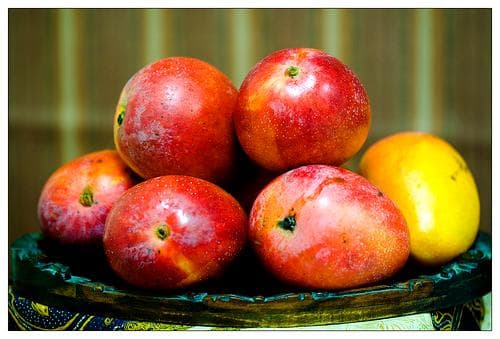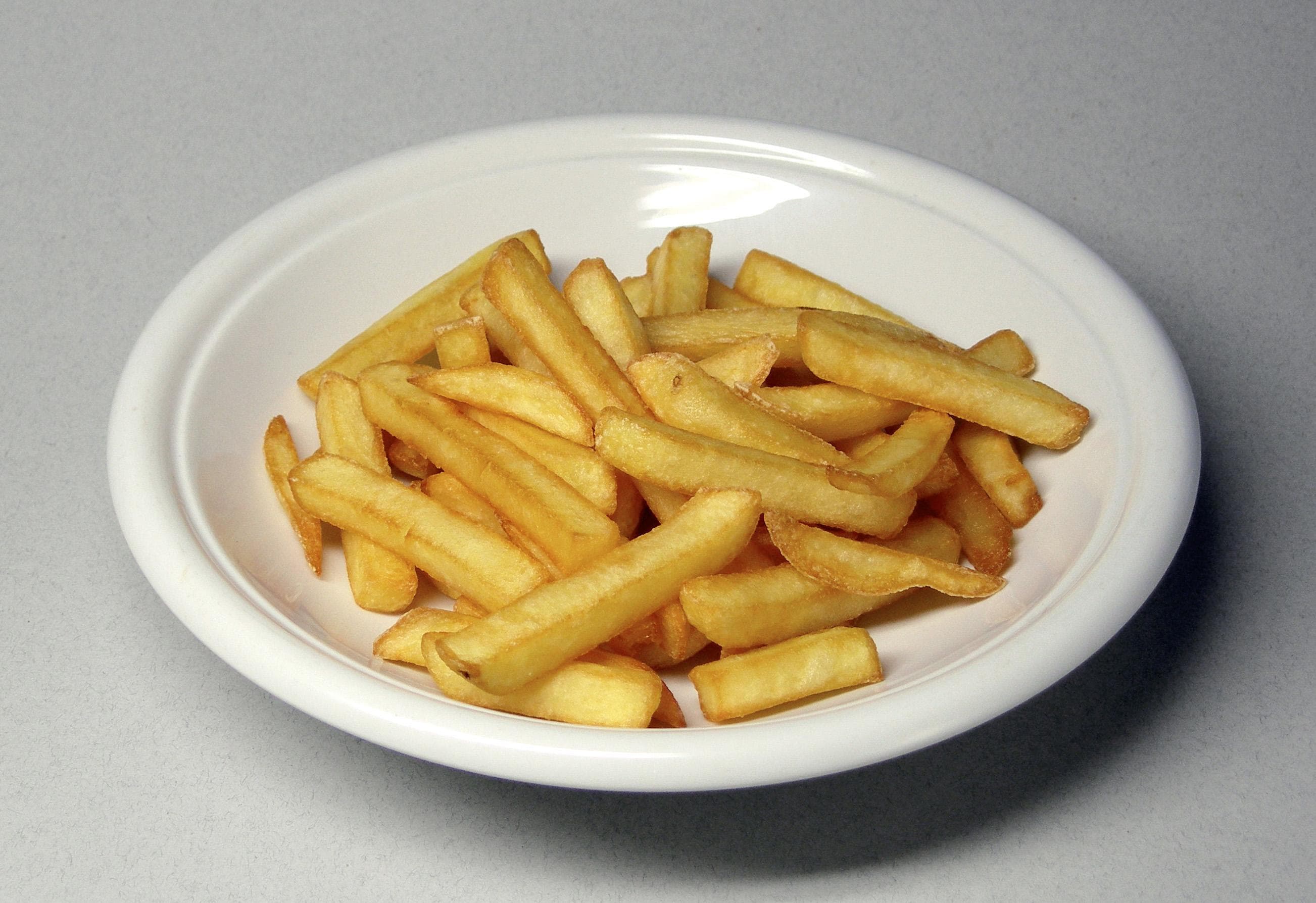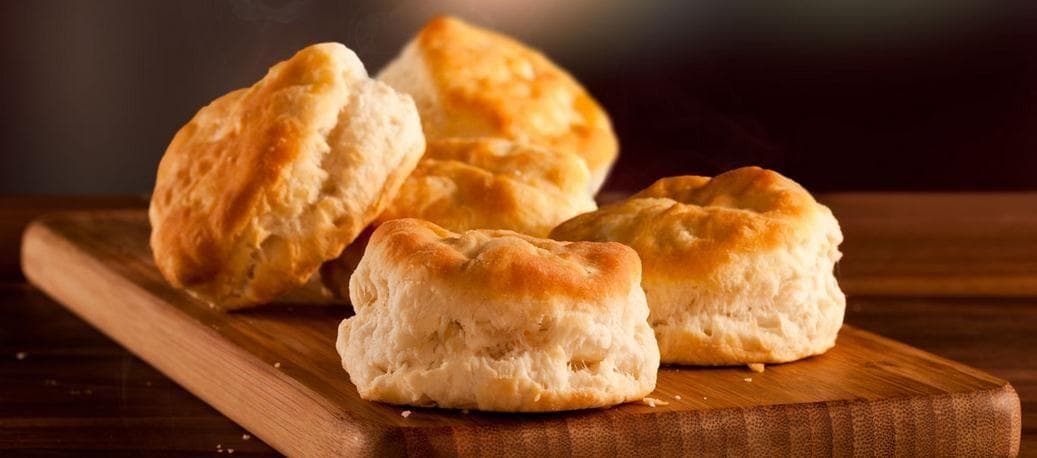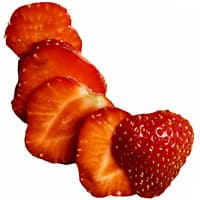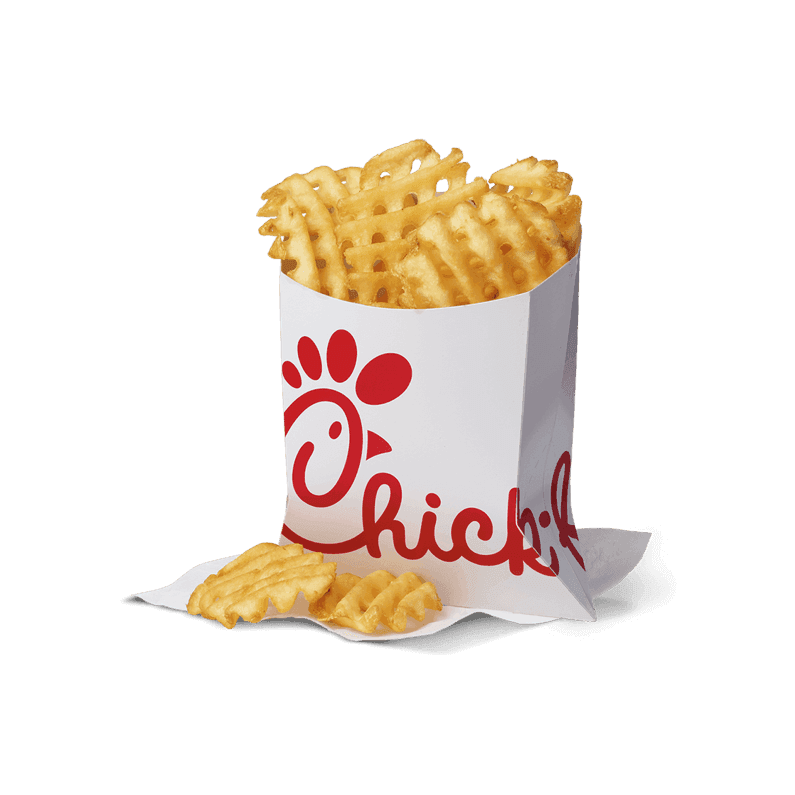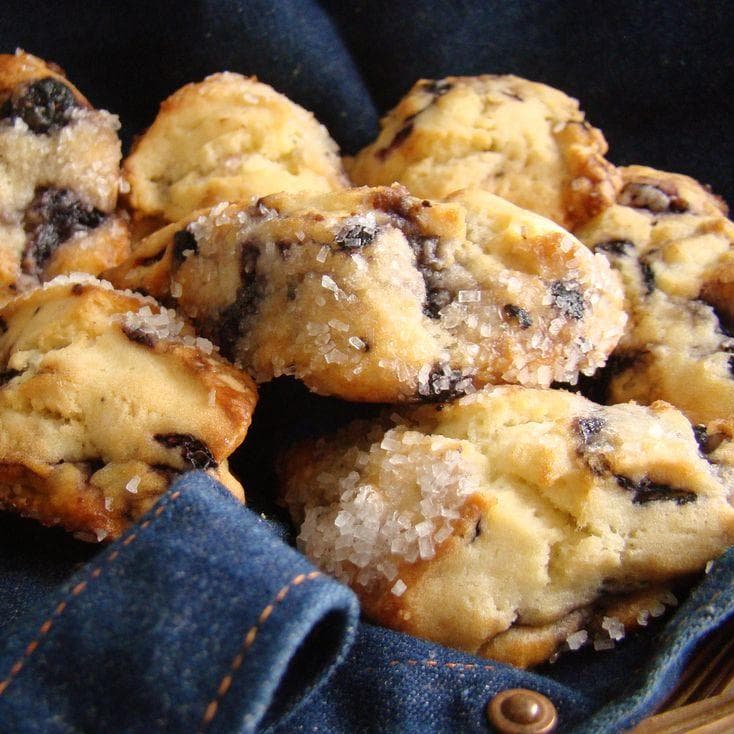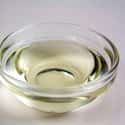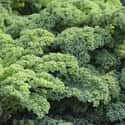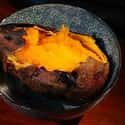-
(#3) Mustard Seeds Are 'Eye Of Newt'
At this point, it's ubiquitous to have a witch character brewing some kind of evil potion and include an "eye of newt." Your entire childhood, you probably thought that eye of newt was an actual eye from an actual newt. It's actually not. As it turns out, witches wanted to deter people from also practicing witchcraft, so they gave all these fairly common herbs and spices real gross names on purpose. That is how the mustard seed, a common ingredient, came to be known as the eye of newt. The first place to use this name for the mustard seed was in Shakespeare's Macbeth.
Here's a breakdown of some more herbs and spices that might have other, more witch-like names:
- Toe of Frog = Buttercup (the flower)
- Adders Fork = Adders-Tongue (an adder is a snake, but an adders-tongue is just a leafy plant)
- Tongue of Dog = Houndstongue (another flower)
- Wool of Bat = Holly Leaves (like at Christmas!)
-
(#10) Grape
- Food
That's right. The average person in America consumes eight pounds of grapes each year. That's approximately 26 servings of grapes per year. That's kind of a lot of grapes. So either you're not eating enough grapes, everyone else eats more grapes than you thought they did, or there are some people who are simply going HAM on grapes.
-
(#15) Canola Oil Is Short For Canadian Oil
Believe it or not, Canola oil is actually short for "Canada" and "Oil." During World War II, the import of rapeseed oil to North America was blocked. Rapeseed oil was used as fuel for steam engines and ships, so demand started increasing. The Rapeseed Association of Canada started producing more oil and expanded their research into the seed.
Eventually, they created an edible rapeseed oil. They decided to name it "Canola oil" by compounding Canada to "Can" and adding "ola" (which is derived from the Latin oleum for oil) at the end to mirror other popular oils on the market like "Mazola."
-
(#8) The Same Plant Gives You Broccoli, Brussel Sprouts, Kale And Other Superfoods
The Brassica is a genus of plants that gives an incredible amount of foods that most kids don't like, such as cauliflower, broccoli, kale, brussel sprouts, cabbage, and collard greens (just to name a few). It's rich in vitamin C and contains some properties that can actually prevent cancer (sulforaphane, selenium, and 3’-diindolylmethane).
-
(#4) Lobster
- Family
So this is how delicate and impressionable people are as consumers: prior to the American Revolution, dockworkers went on strike because they were burdened with the damning act of eating lobster more than three times per week. Some people even had a clause in their contract that they would not eat lobster more than twice every week. They even served lobsters in prison and the inmates hated it. A single tear for them, please.
So how did the lobster go from being a peasant food to a delicacy? The North American lobster, at some point, was so plentiful that people actually used it as garden fertilizer. People were so ashamed to eat this peasant food that they would bury the shells, instead of throwing them away, so their neighbors wouldn't know. Lobsters weren't adopted as a popular food until the mid-19th century, when the "lobster smack" was invented to keep them fresh (a kind of boat used to transport live lobsters). People were then able to develop a taste for lobster by the mid-20th century, and now they're the fanciest thing you can eat that isn't caviar.
-
(#14) Sweet potato
- Food
Those "yams" you pick out at the supermarket are probably sweet potatoes. It's a common misnomer to call them yams, yet nobody calls yams sweet potatoes. If it's orange, and looks a lot like the kind of potato you're used to, then it's probably a sweet potato. If it has dark, bark-like skin, and is starchy on the inside, like a potato, then it is very likely a yam. Some have red or purple interiors.
There are roughly 200 varieties of yams and none of them grow in the US, so it is very likely that when you go out to get yams, you're not getting yams, but sweet potatoes.
New Random Displays Display All By Ranking
About This Tool
Foods not only meet physical needs but also one of the ways to eliminate stress. Food plays an irreplaceable role in the progress of human civilization and economic development. Some countries even regard their traditional food as sacred, for example, the Italians consider pasta as a national treasure, and the French are proud of their onion soup and hot pot. And some foods also have their own secrets.
This random tool helps you learn more about 16 strange facts about food that you didn't know. I believe that after checking these simple introductions, you may change your views on food and eating habits.
Our data comes from Ranker, If you want to participate in the ranking of items displayed on this page, please click here.

